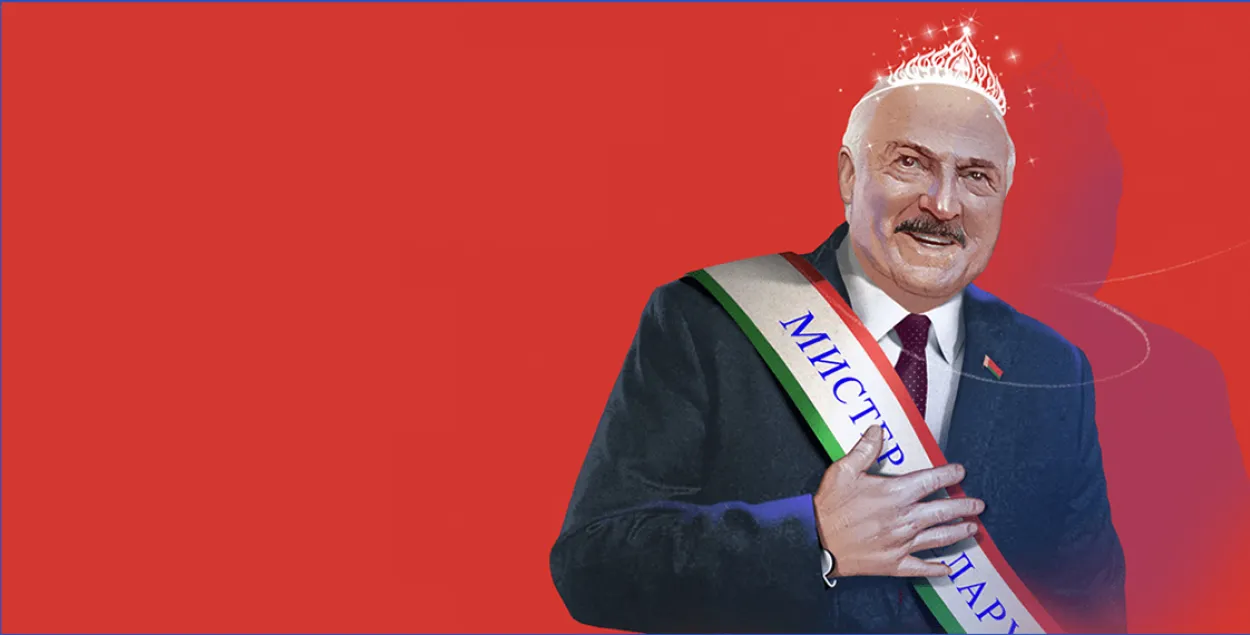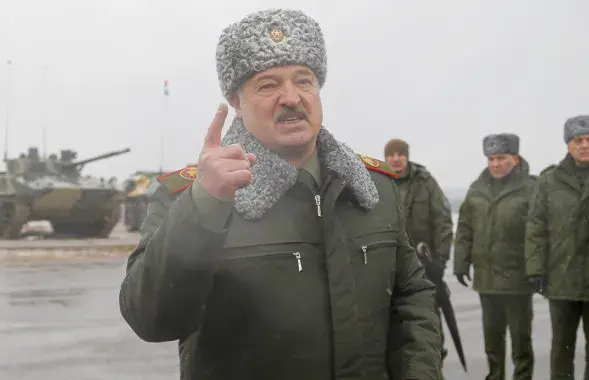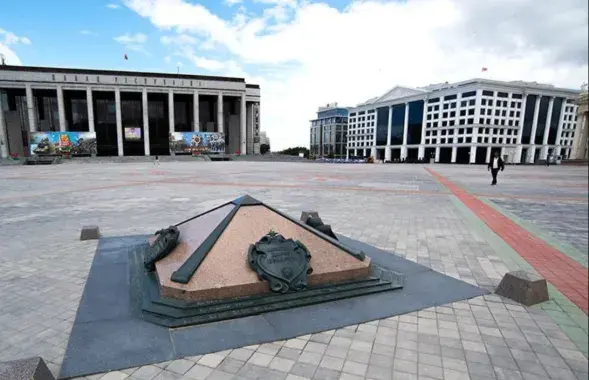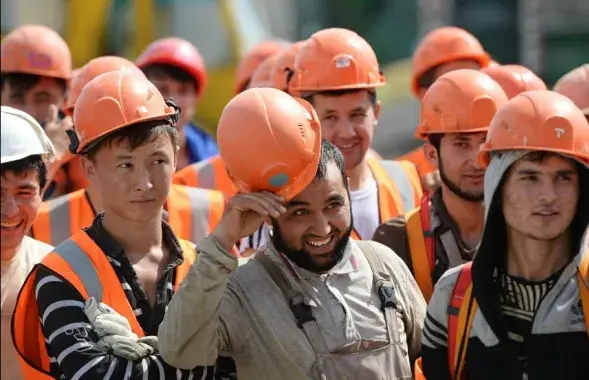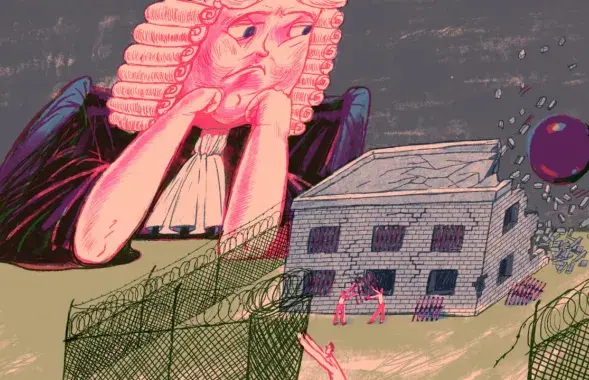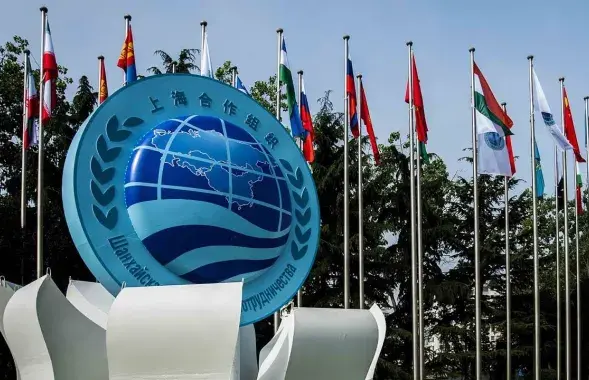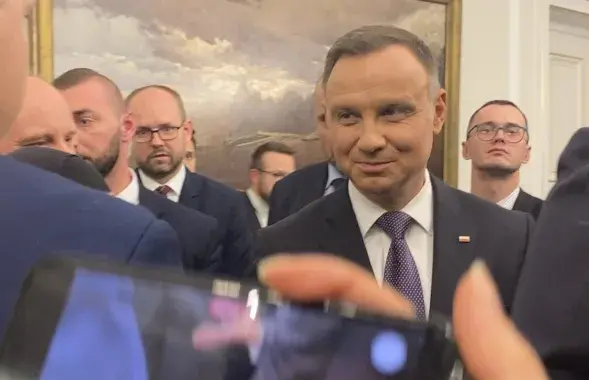The Council of the Republic will not only serve as a cushy job for former presidents (they will be able to become senators for life). Thus, senators will give prior approval to a number of appointments as was mentioned above.
There is an interesting innovation: in case of premature resignation (dismissal, departure or assassination) of the president, his place will be temporarily taken not by the prime minister, as it is now, but by the head of the Council of the Republic. Also, in this case, the head of the upper house will be in charge of the Council of the Republic.
Guarantees for former presidents
In addition to the position in the Council of the Republic, former presidents will become delegates to the All-Belarusian People's Assembly.
The Constitution guarantees immunity, including for a president who has resigned from office as a result of resignation, health reasons, or expiration of his or her term in office.
"A president whose powers have expired cannot be held accountable for actions committed in connection with the exercise of his or her presidential powers," the draft states.
When (and how) all this will come into force
The draft specifies transitional provisions at the end. It explains how the vertical of power will operate after the adoption of the new Constitution.
In short, within two years, laws and other acts will have to be brought in line with the new Constitution. The law on the Supreme National Assembly should be adopted within a year.
Term limits for the president will come into force after the next presidential election. The powers of parliament will also change after the new parliamentary elections. They will now be held on the single day of voting, that is, the last Sunday of February 2024.
In order to "properly set up the operation" of the National Assembly, the current president can be elected as its chairman.
Until the Assembly is formed, the functions of the president and parliament will be performed in accordance with the old version of the Constitution. The Central Election Commission will now oversee the election of Assembly delegates.
